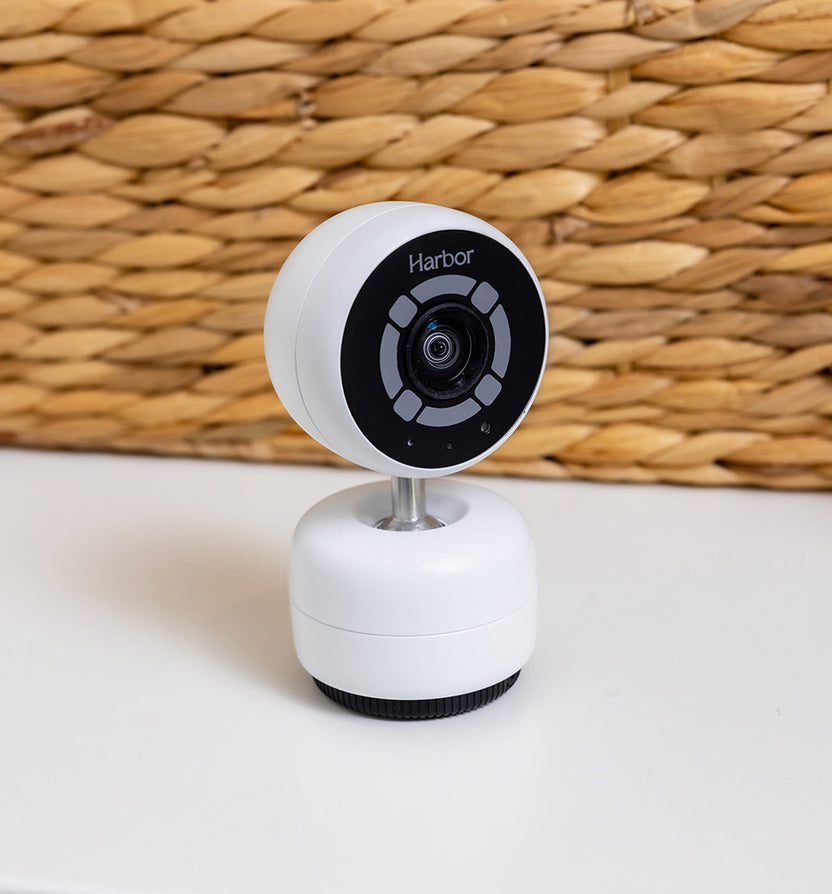
Infant Development Essentials: Expert Tips for New Parents
Welcoming a new baby is one of life’s greatest joys—but also one of its biggest transitions. During your child’s first year, you're not only managing sleep schedules and feeding routines, you're also laying the foundation for lifelong physical, emotional, and cognitive development. At Harbor, we believe that nurturing your baby starts with supporting you. This guide offers practical tips for early childhood parenting to help you build a healthy, balanced environment for your growing family.
Creating a Nurturing Environment for Your Baby
A secure, stimulating environment is essential for healthy infant development. This starts with two key pillars: physical safety and emotional consistency.
Build a Safe Space for Exploration
Babies learn through movement and curiosity. That means creating spaces that allow safe discovery without overstimulation.
-
Childproof your home by removing hazards, securing furniture, and covering sharp edges.
-
Designate tummy time zones with soft mats and age-appropriate toys to support gross motor development.
-
Keep visual distractions minimal to help babies focus on interaction and movement.
HealthyChildren.org, powered by the American Academy of Pediatrics, offers milestone checklists to help track your baby’s physical and developmental progress.
Establish Predictable Routines
Structure provides comfort to babies, helping them understand what comes next. Consistent feeding, sleep, and play routines teach rhythm and support sleep regulation.
If you’re struggling with sleep or wake windows, Harbor’s guide to creating an ideal sleep environment can help you get started.
Supportive Parenting Practices That Make a Difference
Responsive caregiving fosters emotional security and promotes healthy attachment. Here’s how to integrate connection into everyday moments.
Tune Into Your Baby’s Cues
Crying, cooing, turning away—these are all forms of communication. Responding to your baby’s cues quickly and consistently builds trust and reduces stress for both of you.
Learn more about how to recognize feeding cues in infants so you can respond before baby gets distressed.
Engage in Face-to-Face Interaction
Talking, singing, and reading to your baby aren’t just bonding activities, they’re powerful tools for language development and social-emotional learning.
-
Use expressive facial movements and simple language during feedings or diaper changes.
-
Try board books with high-contrast images or sing repetitive songs to support memory and attention.
According to Zero to Three, these moments help build emotional resilience and early communication skills.
First-Year Parenting Tips for Thriving (Not Just Surviving)
Here are eight core strategies to help new parents navigate baby’s first year with more confidence, support, and self-compassion.
1. Find Your Village
Parenting isn’t meant to be done in isolation.
-
Use apps like Peanut or What to Expect to connect with nearby parents.
-
Lean on postpartum professionals like lactation consultants or sleep coaches for support.
-
Don’t hesitate to ask for help. It’s a sign of strength, not failure.
2. Prioritize Sleep (Yours and Theirs)
Sleep is foundational to both baby’s development and your mental health.
-
Use blackout curtains, white noise, and follow age-appropriate wake windows.
-
Take shifts with your partner or caregiver when possible.
-
Consider a baby monitor like Harbor that gives you peace of mind without unnecessary data overload.
Curious about whether biometric monitors are helping or hurting? Read our blog: Are Baby Sleep Trackers Making Parents Sleepless?
3. Honor Your Emotions
Postpartum feelings run deep. Crying one minute and laughing the next is normal. What’s not okay is feeling unsupported.
-
Reach out to a friend, therapist, or support group.
-
Track your mood and talk about it openly.
-
Visit Postpartum Support International if you’re feeling overwhelmed. Their helpline (1-800-944-4773) is free and confidential.
4. Simplify Daily Life
Every day won’t be productive, and that’s okay.
-
Create a short “must-do” list with 1–2 priorities.
-
Let go of perfection and embrace “good enough.”
-
Use delivery apps, prep simple meals, and give yourself permission to slow down.
5. Care for Your Body
You can’t pour from an empty cup. Nutrition, hydration, and movement support your energy, milk supply, and mental clarity.
-
Keep snacks on hand: nuts, granola bars, cut fruit.
-
Take short walks with the stroller or baby carrier.
-
Prioritize postpartum checkups and move gently (yoga, stretching, dancing).
Explore physical recovery tips from MamasteFit, a trusted resource for postpartum movement.
Parenting Is Growth For You Too
Your baby isn’t the only one growing. Every sleepless night, every small win, every moment of doubt is part of your evolution too.
You’re learning how to care for another person while re-meeting yourself in this new chapter. That’s powerful. And it deserves support.
Harbor is here to help you sleep, adjust, and thrive through it all—with no judgment, just guidance.
Download our Surviving to Thriving Guide here.




